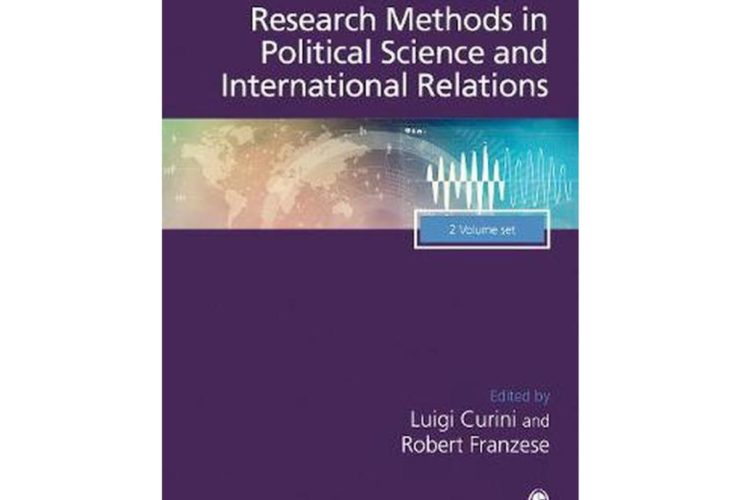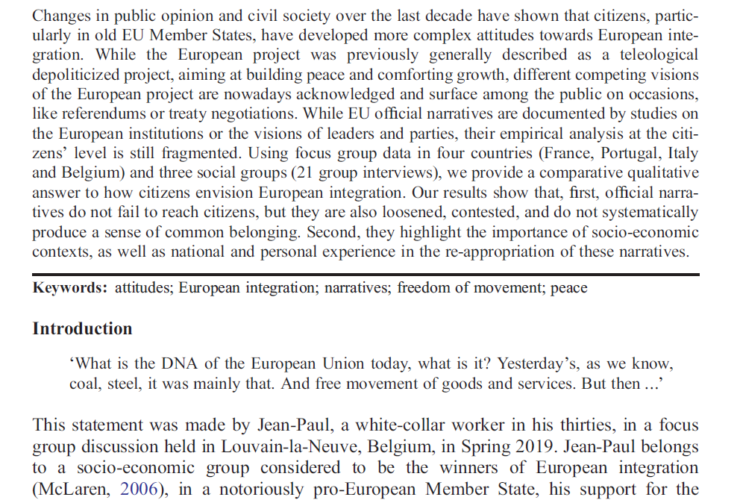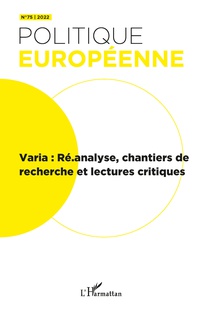Moral economies of Euroscepticism
A qualitative diachronic study

DATE
Aug, 2019
AUTHOR
Luis Vila-Henninger, Mauro Caprioli, Virginie Van Ingelgom
CATEGORY
Publications
Causal Narrative Frames: A Discursive Tool to Justify Solution
The logic behind a recent strain of Euroscepticism advocated by Brexiteers presents an empirical puzzle: how can voters from different economic positions publicly demand compliance with rules for fair market competition (Schmidt & Thatcher, 2014)—a key principle of neoliberal ideology—yet use nationalism to socially delegitimate the EU—whose market competition policy became increasingly neoliberal (Buch-Hansen & Wigger, 2010)? This puzzle is especially relevant given the power of nationalist and neoliberal rhetoric to mobilize popular opposition to the EU leading up Brexit (Andreouli & Nicholson, 2018). We dub this form of Euroscepticism ‘nationalist neo-liberal Euroscepticism’ (NNLE) and investigate it empirically.
However, both the Euroscepticism literature and these recent works investigate Euroscepticism from the perspective of individual citizens’ privately held attitudes or voting behavior rather than by empirically analyzing the socially acceptable forms of Euroscepticism citizens encounter, use, and respond to in everyday life. In this article, we investigate socially acceptable—and thus normative—Euroscepticism. Responding to the aforementioned empirical puzzle, we analyze normative ‘nationalist neo-liberal Euroscepticism’ (NNLE). To do so, we must shift our focus from individual British citizens’ surveyed pre-Brexit attitudes to social norms that are shared across economic divisions. In our analysis, we investigate this Euroscepticism as it manifests in a ‘moral economy’— or popular consensus about moral principles of economic exchange that forms a normative basis of economic action, attitudes, and legitimacy (Thompson 1971; Mau 2003; Svallfors 2006; Sachweh 2012; Koos and Sachweh 2017; Taylor-Gooby et al. 2018).
Our investigation into whether the Euroscepticism of UK citizens can be explained because of the EU’s infringement of the nationalist and neoliberal norms at the basis of British citizens’ moral economy proceeds in three steps. First, using semi-structured interview data collected right after Brexit (2016 Qualitative Election Study of Britain) we identify popular outrage against the EU as nationalist neo-liberal Euroscepticism by analyzing how Brexit supporters and opponents socially legitimated their vote. Second, relying on focus group data that predates Brexit by a decade (2005-6 CITAE) we show how the deligitimation of the EU in 2016 can be traced back to shared popular norms regarding EU market action that constitute a moral economy of nationalist neoliberal Euroscepticism. Third, based on our analysis of Celine Belot’s semi-structured interview data (1995-6) collected just after the Maastricht Treaty, we identify the beginning stages of this normative anti-EU popular outrage. This final step does not find evidence of a nationalist neo-liberal moral economy, but instead finds what appears to be building blocks of such a moral economy.
Reference : Vila-Henninger Luis, Caprioli Mauro, Van Ingelgom Virginie (2019), Moral economies of Euroscepticism: A qualitative diachronic study, paper presented at the 115th annual meeting of the American Political Science Association, Washington DC, 29 August- 1 September 2019.



